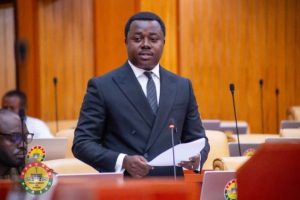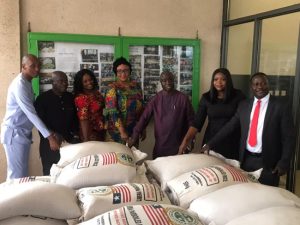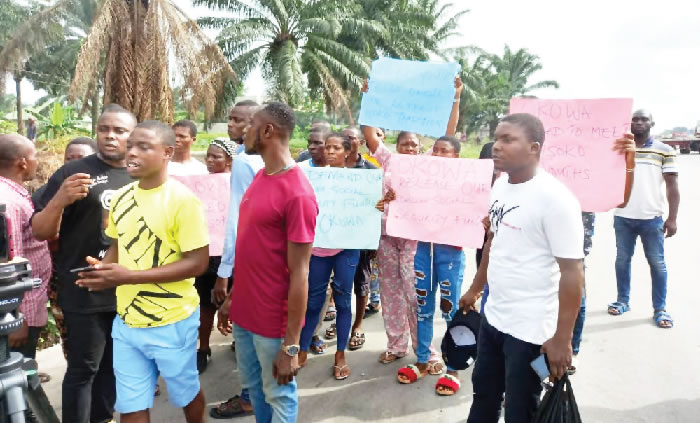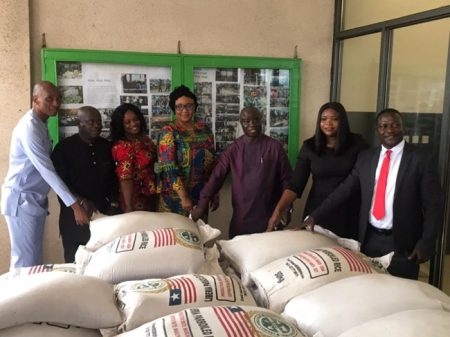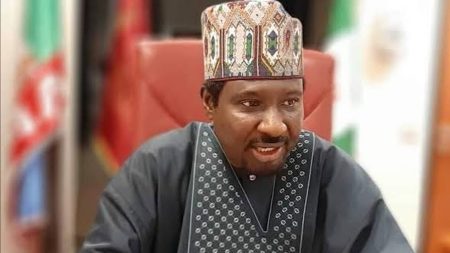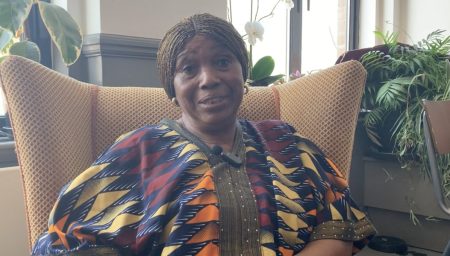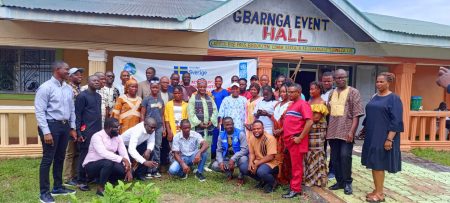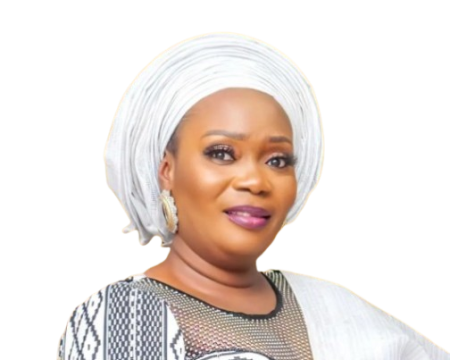Paragraph 1: The Seeds of Discord – Land Disputes in Delta State
The fertile lands of Delta State, Nigeria, have become a battleground in a protracted conflict between the Ogwashi-Uku and Ibusa communities. This age-old dispute over land ownership has escalated in recent times, with accusations of land grabbing and intimidation plaguing the relationship between these neighboring communities. The heart of the matter lies in the control and access to valuable agricultural land, the lifeblood of the predominantly agrarian communities. The Ogwashi-Uku people, who rely heavily on farming and hunting for their livelihoods, have seen their ancestral lands increasingly encroached upon, leading to escalating tensions and a growing sense of injustice.
Paragraph 2: A Cry for Justice – Ogwashi-Uku Youths Take to the Streets
The simmering discontent among the Ogwashi-Uku youth finally boiled over on a fateful Tuesday, as they took to the streets to protest the alleged land grabbing activities perpetrated by individuals purportedly from the Ibusa community. Led by their youth leader, Stanley Chiedu, they marched through the town, their voices echoing with chants of solidarity and their placards emblazoned with messages of frustration and desperation. Their procession targeted key symbols of authority – the Local Government Secretariat and the palace of their traditional ruler, HRM Obi Ifechukwude Okonjo – indicating their desire for intervention and resolution from both governmental and traditional institutions.
Paragraph 3: Voices of the Dispossessed – Farmers and Hunters Silenced
The plight of the Ogwashi-Uku farmers and hunters formed the core of the protesters’ grievances. They recounted stories of harassment and intimidation, alleging that they were being driven from their farmlands and prevented from carrying out their traditional hunting activities. The destruction of crops and the fear of venturing into their own ancestral lands have created a climate of insecurity and undermined their ability to provide for their families. The protesters argued that their fundamental right to their ancestral lands was being violated, leaving them feeling dispossessed and vulnerable.
Paragraph 4: Seeking Redress – Appeals to Authorities and Tradition
The protesters’ march to the palace and the Local Government Secretariat represented a strategic appeal for intervention. At the palace, they were met by a representative of the Obi, Prince Jude Emordi, who acknowledged their grievances and assured them that the land issue would be addressed through legal channels. Similarly, at the Local Government Secretariat, the Secretary to the Council, Tony Ebube, speaking on behalf of the Chairman, Jude Chukwuweike, affirmed the administration’s commitment to finding a lasting solution to the boundary dispute, emphasizing collaborative efforts with the neighboring Oshimili North Local Government.
Paragraph 5: The Weight of Inaction – A Legacy of Violence and Uncertainty
The land dispute between Ogwashi-Uku and Ibusa is not a recent phenomenon; it has a long and bloody history. Over the years, numerous lives have been lost in clashes related to land ownership. The continued failure of the Delta State Government to release the white paper of a commission of enquiry established to investigate the matter has only exacerbated the situation. The absence of a clear legal framework and the delayed implementation of recommendations have fostered an environment of uncertainty and impunity, allowing the conflict to fester and escalate.
Paragraph 6: A Call for Peace and Justice – The Future of Ogwashi-Uku’s Land
The protest by the Ogwashi-Uku youths serves as a stark reminder of the urgent need for a just and peaceful resolution to the land dispute. Their calls for government intervention, legal action, and the protection of their ancestral lands highlight the deep-seated anxieties and frustrations that have gripped their community. The future of Ogwashi-Uku’s land, and indeed the peaceful coexistence of these neighboring communities, hinges on the ability of the relevant authorities to address the root causes of the conflict, establish clear boundaries, and ensure that the rights of all parties are respected and protected. The failure to do so risks further escalating the tensions and perpetuating a cycle of violence and dispossession.


